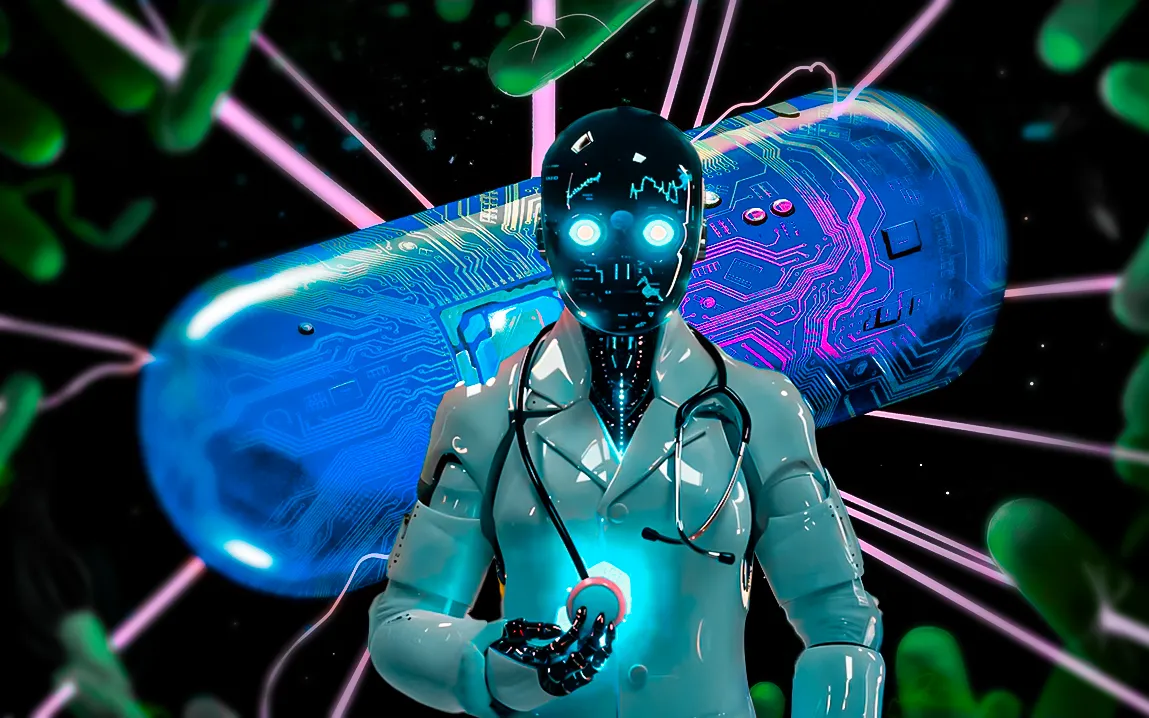Learn how artificial intelligence is revolutionizing drug-resistant infection diagnosis and treatment with quicker diagnostics, precision medicine, and new drug discovery.
Researchers are using artificial intelligence (AI) for the first time to forecast antibiotic resistance profiles in real-time in a revolutionary breakthrough that could transform the treatment of bacterial infections and counteract the spread of antimicrobial resistance (AMR).
Conventional tests employed to determine if a bacterium is resistant to antibiotics are usually laboratory procedures that are time-consuming and eventually result in delayed treatment. Use of AI in this process improves determination of resistance patterns and allows practitioners to administer targeted therapy within a reduced time frame.
A seminal study by Dr. Alex Howard of the University of Liverpool illustrated the future use of AI in this aspect. The study utilized AI for patient data interpretation and resistance prediction for urinary tract infections and produced more precise and personalized antimicrobial susceptibility testing. Apart from optimizing treatment performance better, the process also gave priority to the usage of less likely resistant-inducing antibiotics.
Likewise, researchers at the University of Oxford created an AI-based technique that utilizes the application of fluorescence microscopy along with deep learning codes. The technique detects antibiotic resistance in bacteria within minutes and within 30 minutes, offering results much faster than the existing convention. The rapid detection is essential for appropriate and timely treatment planning.
In addition to diagnostics, AI is also assisting in finding new antibiotics. Researchers at the Massachusetts Institute of Technology (MIT) used machine learning computer software to scan huge collections of microbial genomes and pinpoint almost a million antimicrobial compounds. This AI method has pinpointed promising targets that could inhibit drug-resistant bacteria, a pioneering move towards new antibiotics.
The use of AI in combating AMR is an interdisciplinary pursuit:
Rapid Diagnostics: AI accelerates and enhances the pace and accuracy of resistant bacteria detection, enabling quick and targeted treatment intervention.
Personalized Medicine: By examining individual patient information, AI personalizes antibiotic treatment to the patient’s unique resistance profile, achieving maximum efficacy with minimal redundant exposure to antibiotics.
Drug Discovery: AI is speeding up new antimicrobial discovery by screening cutting-edge biological data, offsetting the dwindling pipeline of active antibiotics.
Since antibiotic resistance is a global health hazard, the use of AI-facilitated solutions is an appealing choice to stimulate patient treatment and curb resistant disease formation.



